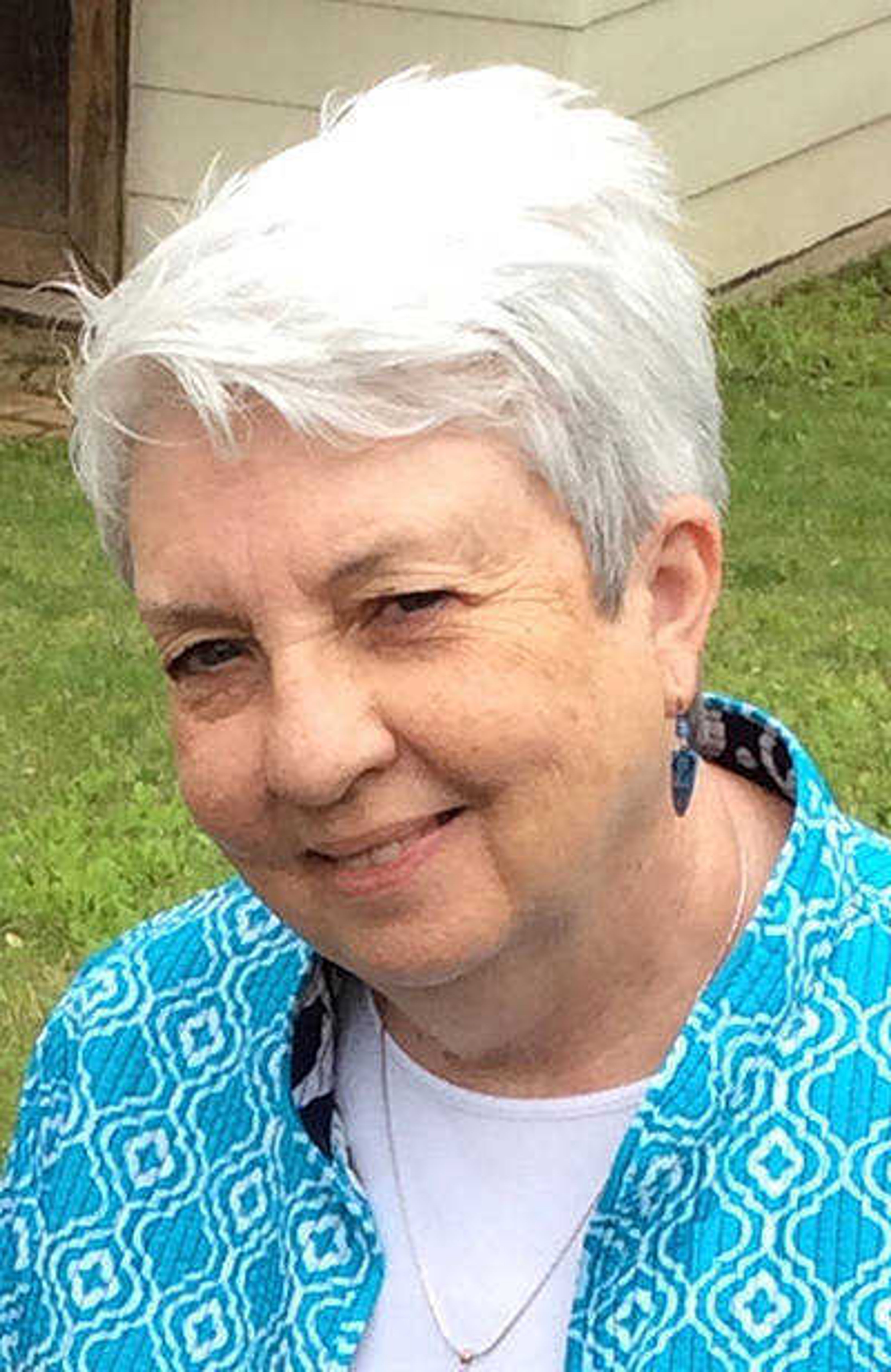Monuments to African-American history
Contributions of the region's African-American community are memorialized in military grave-markers. Fifteen veterans of United States Colored Troops are buried at Fairmount Cemetery in Cape Girardeau. Though born into slavery, when the opportunity opened, these men courageously volunteered to fight for the Union cause, proactive to pursue and achieve freedom for all. These men survived the war, made Cape Girardeau their home in their freedom, and deserve remembrance...
Contributions of the region's African-American community are memorialized in military grave-markers. Fifteen veterans of United States Colored Troops are buried at Fairmount Cemetery in Cape Girardeau.
Though born into slavery, when the opportunity opened, these men courageously volunteered to fight for the Union cause, proactive to pursue and achieve freedom for all. These men survived the war, made Cape Girardeau their home in their freedom, and deserve remembrance.
Elijah was a slave owned by Johnson C. Ranney of Jackson. Elijah, with his mother, Emily, and two siblings, were hired out annually. His father, Thomas, was hired separately to others, including David Cotner and Joseph Lansman. At age 16, energized by the Civil War, Elijah saw an opportunity when Union troops marched through his neighborhood. On impulse, he abandoned his enslavement to follow the 24th Illinois Volunteer Infantry Regiment. An officer took him on to be his servant.
When the Union Army began accepting men of color, he enlisted at Bowling Green, Kentucky, in July 1864 and served with Company D, 108th United States Colored Infantry, as Private Elijah Ranney, committed to three years of service. During his service, he contracted measles and was shot in the shoulder by an accidental discharge of a comrade's pistol while guarding Confederate prisoners at Rock Island, Illinois, but Elijah survived to muster out on March 21, 1866, at Vicksburg, Mississippi.
His parents, without knowledge of his whereabouts nor of his enlistment, concluded Elijah had been killed or lost in some way, especially when he did not come home at the end of the war. Neither killed nor lost, Elijah was obliged to serve almost a year beyond the war's conclusion. He made his way back to Cape Girardeau, located his newly-freed parents, and discovered his father had taken the surname of Goodchilds. Following suit, he added a middle name to become Elijah Hannibal Goodchilds, but most knew him as "E.H."
Name changes were a declaration of freedom to separate themselves from their slave past. In Elijah's case, his chosen name differed from his military service record, creating problems when he tried to claim his military pension years later. To resolve mismatched names, his pension record at the National Archives in Washington, D.C., contains the affidavits of many folks, white and black, who knew him from slave days, in the military and in freedom. All came forward to attest that E.H. Goodchilds was the same man who enlisted as Elijah Ranney.
E.H. farmed 140 acres the family purchased north of the city, "on the Big Bend Road." The Goodchilds family members were skilled, reputable farmers regularly praised in the newspaper for "garden of Eden fruit" production. The Goodchilds family included wife Mary Ann "Mollie" (nee Shaner), and children Emma, Cora, Mary J., Asaline and E.H. Jr., plus adopted twin boys Wilson and Louis. Emma (married Henderson James) and Mary (married Sherman Young) were respected school teachers at a country school for children of color, located on the Daniels family farm.
Connect with the Southeast Missourian Newsroom:
For corrections to this story or other insights for the editor, click here. To submit a letter to the editor, click here. To learn about the Southeast Missourian’s AI Policy, click here.











